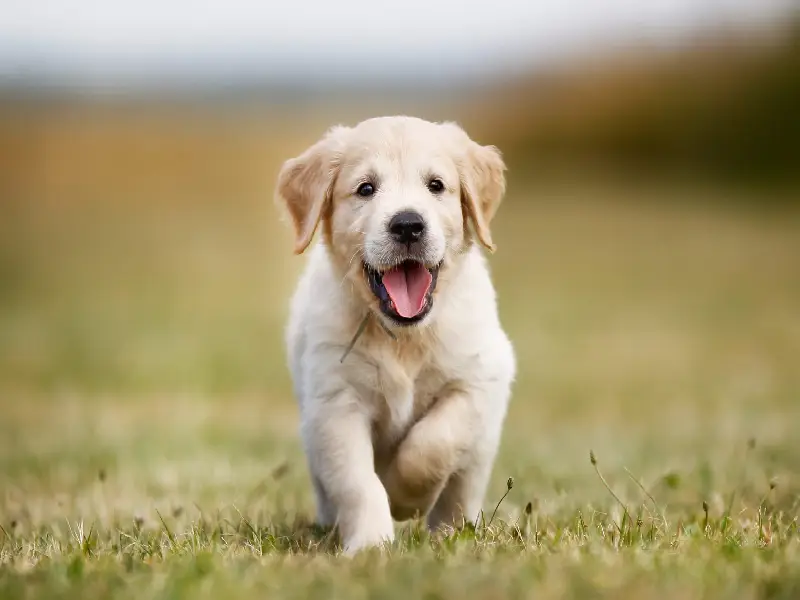Explainer: Can pets catch Coronavirus?
By Amritha Mohan
Hyderabad: Even as news of pet dogs being tested positive for coronavirus have been reported in Hong Kong, the Centre for Disease Control and Prevention (CDC) has confirmed that there is not enough scientific evidence to conclude that dogs or pets could get infected with COVID-19 from humans.
According to health officials in Hong Kong, a Pomeranian was tested “weakly positive” for COVID-19 on March 9. The Agriculture, Fisheries and Conservation Department (AFCD) in Hong Kong said, “The dog has a low-level of infection and it is likely to be a case of human-to-animal transmission.”
While the World Health Organisation (WHO) has maintained that there is no evidence to prove that pets could be infected with the disease or transmit it, health experts believe that the situation is “rapidly evolving” and more information needs to be disseminated regarding it.
Are pets prone to coronavirus?
The novel coronavirus is considered to have originated from an animal source in Wuhan. However, as of now, COVID-19 is spreading from person-to-person contact. There is less scientific evidence to prove human-to-animal transmission.
Nevertheless, international health organisations have advised people with pets to maintain hygiene, while coming in contact with animals. “Since animals can spread other diseases, it is always a good idea to wash your hands after being around animals,” according to CDC.
Should COVID-19 positive people avoid contact with pets?
As a precautionary measure, it is advisable to restrict contact with pets once you are infected with the novel coronavirus. CDC recommends that COVID-19 positive people should limit contact with animals. If they need to care for their pet or be around animals when they are sick, they should wash their hands before and after they interact with them and wear a facemask,” according to a statement from World Small Animal Veterinary Association (WSAVA).
Is treatment available if pets get COVID-19?
Yes. “Unlike in humans where novel coronavirus affects the respiratory system, in small animals, it is likely to affect the intestinal system. This would manifest into diarrhoea, loose motions and vomiting,” says Dr Praveen Kumar, a veterinary surgeon based in Hyderabad. He added this is not a severe infection for dogs since proper medication and vaccines are available for this.